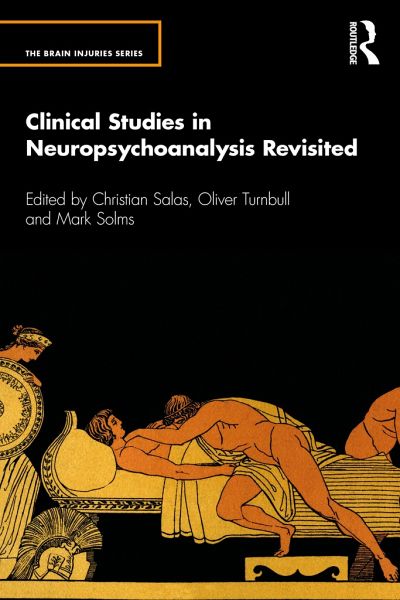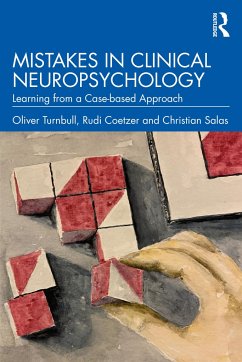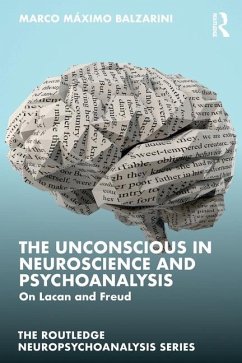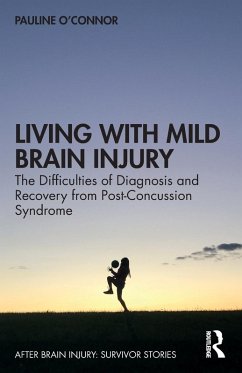
Clinical Studies in Neuropsychoanalysis Revisited
Versandkostenfrei!
Versandfertig in 6-10 Tagen
40,99 €
inkl. MwSt.
Weitere Ausgaben:

PAYBACK Punkte
20 °P sammeln!
In the past few decades, we have accumulated an impressive amount of knowledge regarding the neural basis of the mind. One of the most important sources of this knowledge has been the in-depth study of individuals with focal brain damage and other neurological disorders. This book offers a unique perspective, in that it uses a combination of neuropsychology and psychoanalytic knowledge from diverse schools (Freudian, Kleinian, Lacanian, Relational, etc.), to explore how damage to specific areas of the brain can change the mind.Twenty years after the publication of Clinical Studies in Neuro-Psy...
In the past few decades, we have accumulated an impressive amount of knowledge regarding the neural basis of the mind. One of the most important sources of this knowledge has been the in-depth study of individuals with focal brain damage and other neurological disorders. This book offers a unique perspective, in that it uses a combination of neuropsychology and psychoanalytic knowledge from diverse schools (Freudian, Kleinian, Lacanian, Relational, etc.), to explore how damage to specific areas of the brain can change the mind.
Twenty years after the publication of Clinical Studies in Neuro-Psychoanalysis, this book continues the pioneering work of Mark Solms and Karen Kaplan-Solms, bringing together clinicians and researchers from all over the world to report key developments in the field. They present a rich set of new case studies, from a diverse range of brain injuries, neuropsychological impairments and even degenerative and paediatric pathologies.
This volume will be of immense value to those working with neurological populations that want to incorporate psychoanalytic ideas in case formulations, as well as for those who want to introduce themselves in the neurological basis of psychoanalytic models of the mind and the broader psychoanalytic community.
Twenty years after the publication of Clinical Studies in Neuro-Psychoanalysis, this book continues the pioneering work of Mark Solms and Karen Kaplan-Solms, bringing together clinicians and researchers from all over the world to report key developments in the field. They present a rich set of new case studies, from a diverse range of brain injuries, neuropsychological impairments and even degenerative and paediatric pathologies.
This volume will be of immense value to those working with neurological populations that want to incorporate psychoanalytic ideas in case formulations, as well as for those who want to introduce themselves in the neurological basis of psychoanalytic models of the mind and the broader psychoanalytic community.














